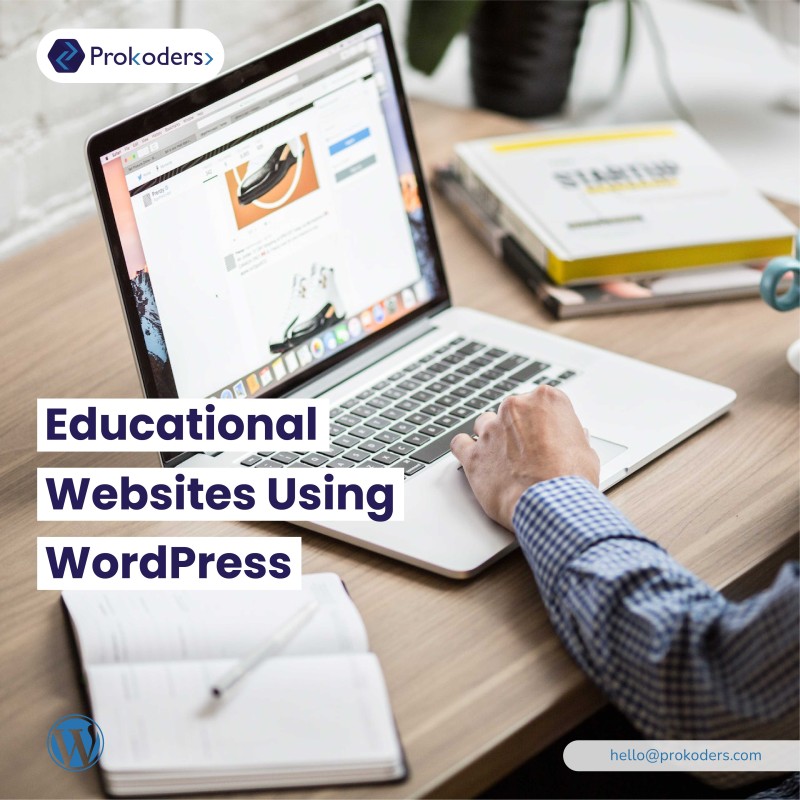
In this article, we will discuss the benefits of using WordPress for education websites and some of the best practices for optimizing them for search engines.
Benefits of using WordPress for educational websites:
1- Easy to use:
WordPress is known for its user-friendly interface, which makes it easy for anyone to create and manage a website. This is especially useful for educational institutions that may not have a dedicated web development team.
2- Customizable:
WordPress offers a wide range of templates and plugins that can be customized to meet the specific needs of an educational institution. This includes features such as online course management, event calendars, and student forums.
3- Cost-effective:
WordPress is an open-source platform that is free to use, which makes it a cost-effective solution for educational institutions with limited budgets.
4- SEO friendly:
WordPress is built with SEO in mind, and it offers a range of tools and plugins to help optimize a website for search engines. This can help educational institutions to attract more students and reach a wider audience.
Best practices for optimizing educational websites using WordPress:
1- Use relevant keywords:
Identify relevant keywords related to the institution and the courses offered. Use these keywords in the page titles, headings, and content to improve search engine visibility.
2- Optimize page titles and meta descriptions:
Page titles and meta descriptions are important for SEO as they help search engines understand the content of the page. Use descriptive and relevant titles and meta descriptions to improve click-through rates.
3- Use internal linking:
Internal linking helps to improve website navigation and search engine visibility. Link to relevant pages within the website to help users find related content and improve website authority.
4- Optimize images:
Use relevant and descriptive alt tags and file names for images to improve search engine visibility.
5- Use responsive design:
Responsive design helps to improve the user experience on mobile devices, which is increasingly important for SEO.
In Conclusion WordPress is a powerful platform for creating educational websites. It offers a range of features and tools that can help educational institutions to reach more students, provide valuable resources, and connect with their community. By following best practices for SEO, educational institutions can optimize their WordPress websites to attract more students and improve search engine visibility.
Services you may concern :
Web Development
Mobile App Services
UI/UX Design
Web and App Hosting
Testing Services
FAQs on Educational Websites Using WordPress: What you need to know
WordPress is a popular content management system (CMS) known for its user-friendly interface and extensive customization options. It's favored for educational websites due to its flexibility, scalability, and vast library of themes and plugins.
Yes, WordPress can be used to create various types of educational websites, including online courses, e-learning platforms, school websites, educational blogs, and more.
No, you don't need coding knowledge to create a basic educational website with WordPress. The platform offers intuitive tools and pre-designed templates that allow users to build and customize websites without writing code.